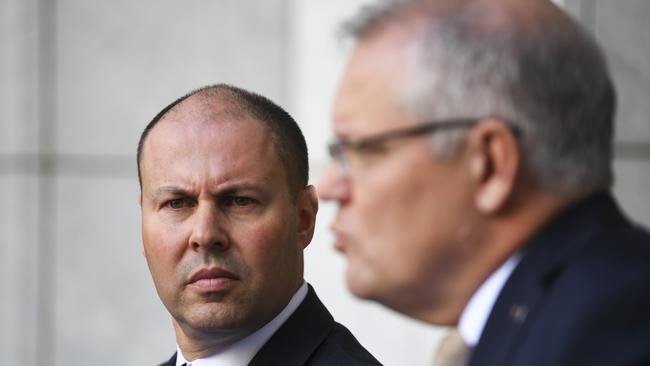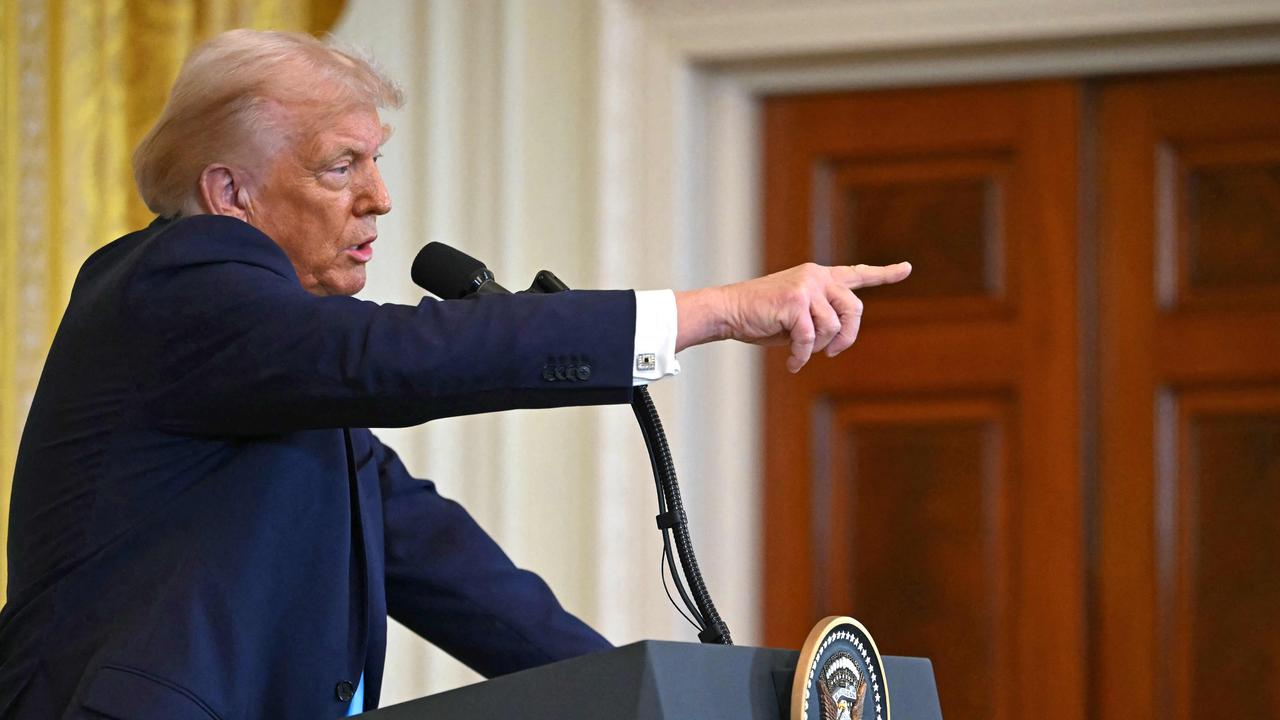
The next stage of the COVID-19 attack on the financial system is starting to break out. That means that in selected markets interest rates are rising despite the totally useless actions of central banks to lower official rates.
I will detail the reasons for the higher rate blowout in certain areas below, but it is one of the factors driving down share markets.
According to Morgan Research in mid-March over 60 per cent of Australian businesses report being affected by the COVID-19 coronavirus, up a massive 45 per cent from a month ago.
Morgan says “a super majority” of 81 per cent of small businesses with an annual turnover of between $1m and $5m report being affected by the COVID-19 coronavirus – higher than businesses of any other size.
This is the employment driver of the nation. Unfortunately, neither Reserve Bank, Treasury or the federal government have shown any sign of understanding this small business crisis — let alone taking measures.
All around Australia as turnovers fall smaller enterprises face a horrible dilemma — do we stand down or reduce the pay of essential staff. These employees have mortgages, children etc and the owner personally knows them and understands what it means if their income is slashed. And while they are essential to the enterprise if no action is taken the enterprise will collapse and there will be no long-term employment for them.
Australian awards never envisaged a COVID-19 situation..
In these circumstances, Josh Frydenberg’s offer of higher asset write-offs has become a national joke. A good move for better times but now useless for 81 per cent of smaller enterprises. As readers know, what is required is faster payments by large enterprises.
That takes us to the residential property market, which has been affected almost immediately with clearance rates down and one Toorak unit attracting no bidders at the auction.
Normally it takes six to 12 months before a share market crash hits the residential property market. But given the nervousness of employees in a large number of enterprises and among the owners of small businesses there will be many repeats of the ”Toorak” experience.
In The Weekend Australian I explained how the oil crisis in the US was pushing up interest rates despite falls in US official interest rates and the US bond market. American companies are big users of the bond market. The biggest single area of bonds issued by non US blue chip borrowers has been in the development of shale oil and gas. The collapse in oil prices as a result of the Saudi-Russian dispute has destroyed the economics of shale oil and gas and sent the yields on the oil/gas bonds rising sharply. The rise in these yields has spread through second ranking bonds the US and has affected the price of some stocks in Australia.
At the same time the Italian banking crisis I set out last week is spreading through Europe. The crisis is reflected in the share market.
European companies have spent a decade gorging on cheap debt in an ultra-low interest rate environment, dominated by negative official rates. A wave of defaults is now likely, and these rising loan impairments will hit European banks’ already low earnings which have been hit by the negative interest games played the European Central bank.
Since their February peak European banks indices have plunged well over 40 per cent.
Both European and American institutions have been in important sources of Australian government, bank and private borrowing. These markets are set to dry up so, in addition to what was happening in the US, European events will exert an upward be pressure on rates.
The Reserve bank is buying Australian bonds to hold down our bond rate and has money available to help banks although most of the bank overseas borrowing is longer term.
The sellout of Australian securities is putting great pressure on the Australian dollar and I suspect — but don’t know — that the Reserve bank is trying to smooth the fall. It must not try and support the currency, or it will trigger a panic.
The wider problem is that so many of our smaller enterprises are in damage control. Lending to them now carries much higher risk.
In the US that is being played out via higher rates on the secondary bond market. Here the problem will be under the table. And the best way to relieve some of the problem comes from the small business ombudsman Kate Carnell, who says speeding up payments from large corporations (who have borrowing capacity) will inject $7bn into the areas where it is most needed. Unfortunately, the large corporates have too many friends in cabinet.
To be fair to the government, we are dealing with very difficult problems and there are no easy answers.
What we do know is that silly measures like lowering official interest rates are counter-productive and indeed dangerous because they weaken the banking sector.
Both the US Federal Reserve and the Reserve Bank of Australia are singing from the same dangerous song sheet.
And I fear that the cabinet has not yet grasped the financial complexities that we face because the first rescue package was only of marginal help, so now they must try again.





